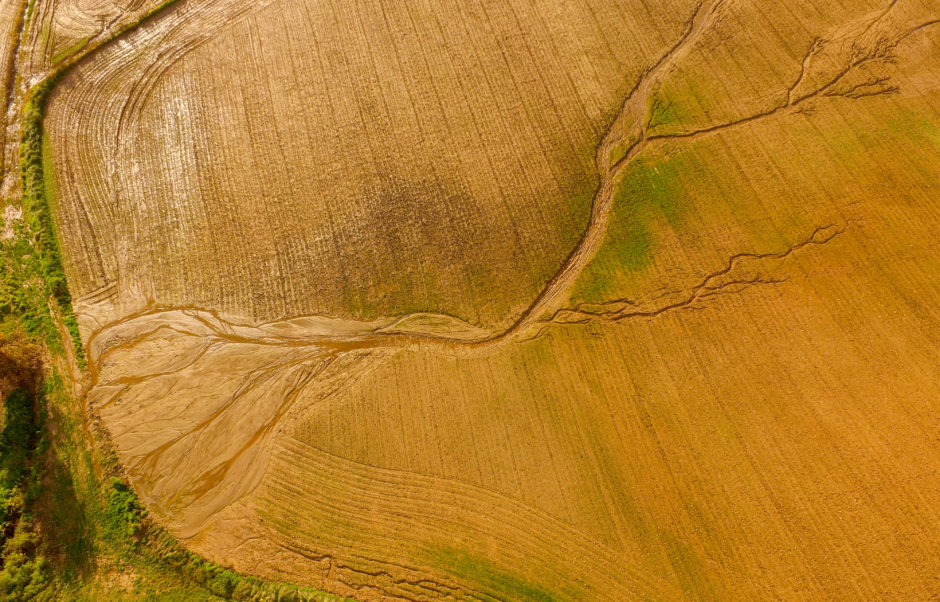Foreword

The future of the food system will be central in shaping the future of our planet and our civilization.
First, let’s consider the environmental impacts of food. Most people don’t realize it, but our food system and agricultural practices are major drivers of environmental degradation worldwide. Already, agricultural land use dominates about 40% of the Earth’s land surface and has been the principle driver of tropical deforestation, habitat loss and degradation, and global biodiversity loss. Agriculture is also the biggest consumer, and polluter, of the world’s water resources. Lakes, aquifers, rivers, and even coastal oceans around the world have been disrupted by human activities, notably food production. And the food system contributes about 25% of the world’s greenhouse gas emissions, roughly comparable to the emissions resulting from the world’s production of electricity. In short, nothing else we do has come close to how food, agriculture, and land use are causing global environmental harm. Without major changes, our food system will continue to push Earth well beyond its planetary boundaries.
Beyond these environmental concerns, the world’s current food system also contributes to significant human failures. On the one hand, a sizable fraction of the world still faces crippling food insecurity and under-nutrition, while on the other hand, hundreds of millions of people face serious health challenges — including obesity, diabetes, and heart disease — linked to unhealthy diets.
To address these environmental and social challenges, we must reboot and reimagine our global food system. Numerous changes to the food system are needed, including protecting intact ecosystems, improving the sustainability of our farming practices, and addressing the tremendous levels of waste in the food system.
But there is one crucial factor that can simultaneously improve our health, our food security, and our environment at the same time – namely, changing our diets.
Our dietary choices, especially how much conventionally produced red meat and dairy products we consume, can drive health and environmental outcomes across the entire food system. Simply put, reducing the consumption of some foods, while increasing the consumption of others, could have tremendous benefits to the global environment and to human health.
This pioneering study by EAT examines how national dietary guidelines in G20 countries need to be shifted to improve human health and environmental outcomes in the food system. The results strongly indicate the need to change our views on diet and consider both the human health and environmental sustainability implications while setting national food policies. This study helps illustrate ways to build a better food system – promoting improved food security and human health while reducing environmental impacts.
In a world where climate change, biodiversity loss, food security, and diet-related illnesses are major concerns, changing diets may be one of the single most effective things we can do to build a better future. And this study is a powerful reminder of how we can do it.